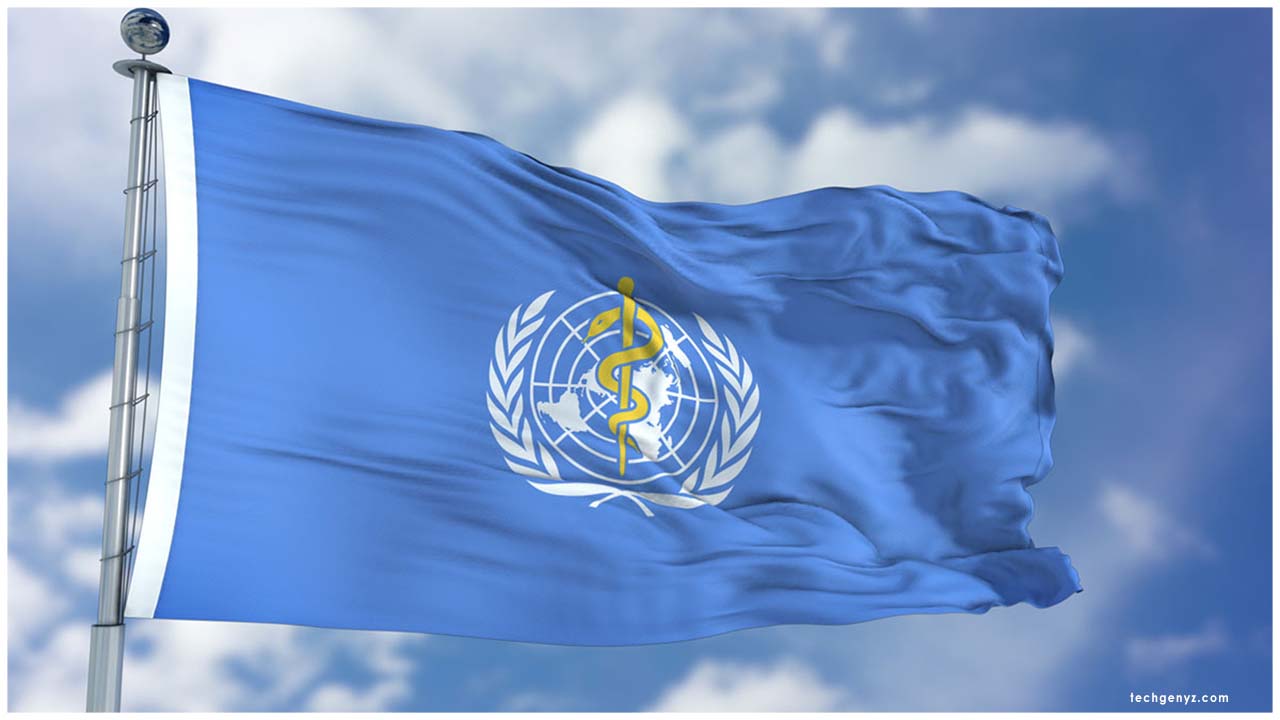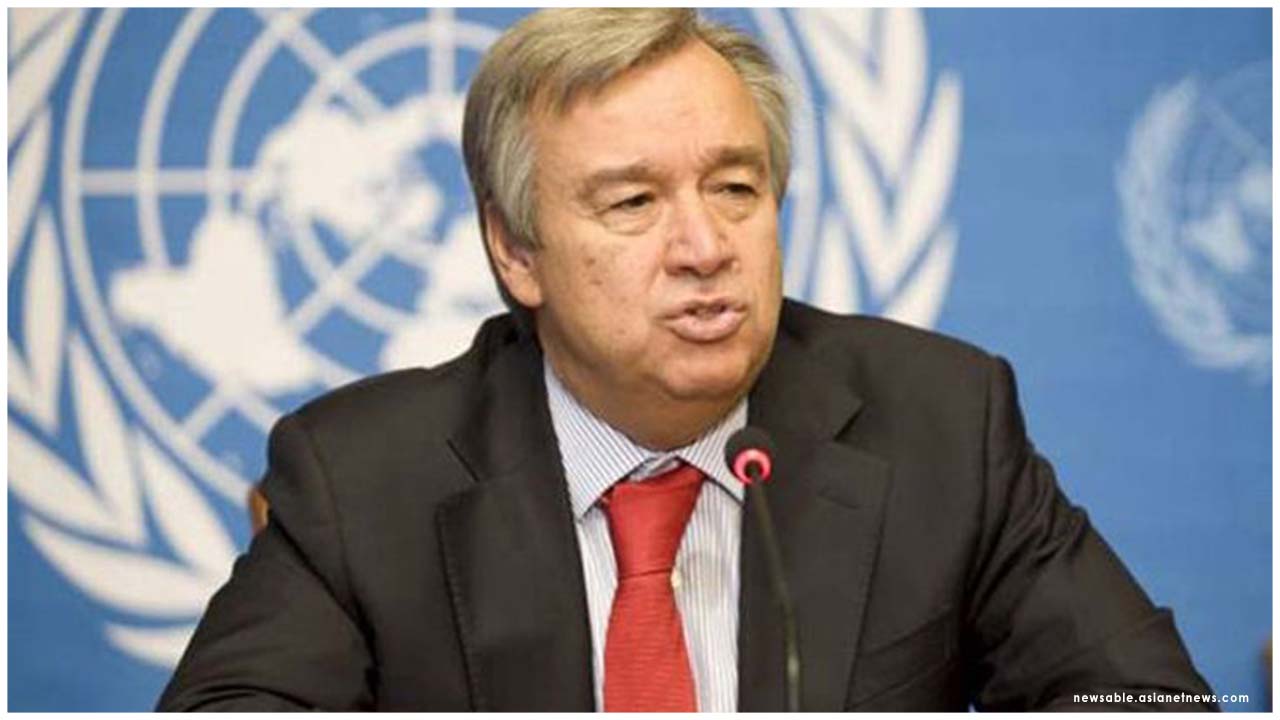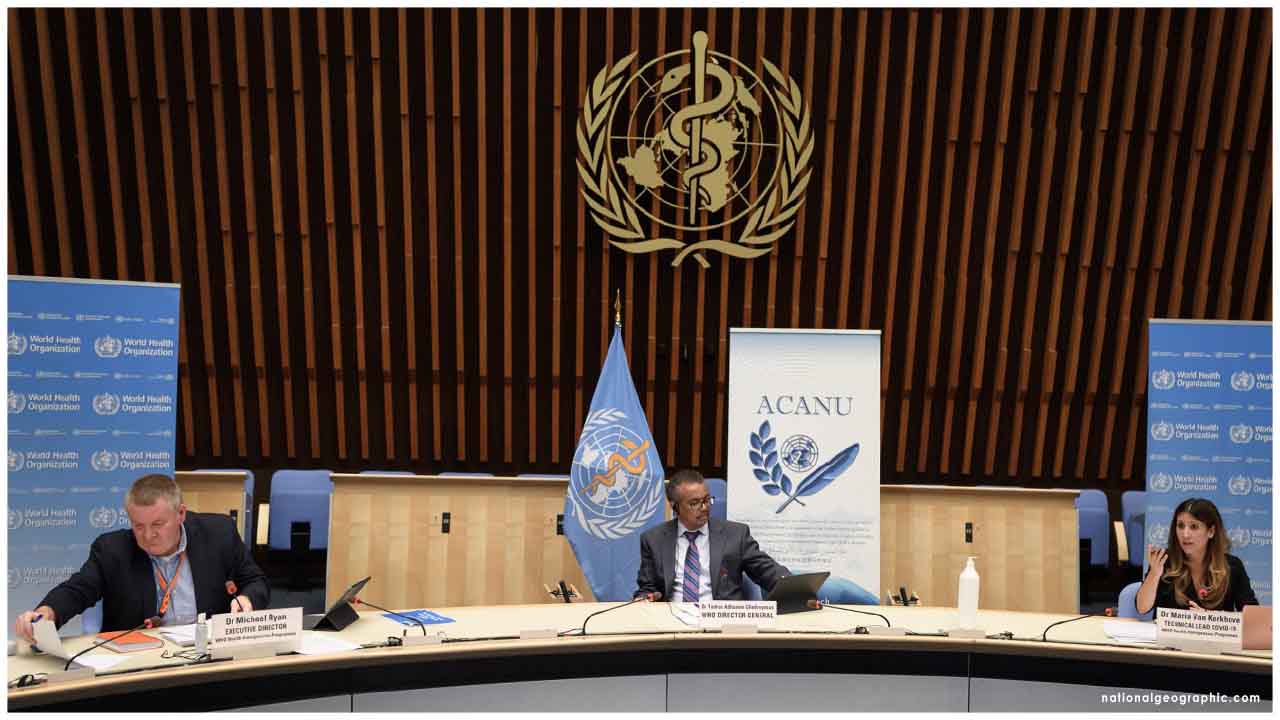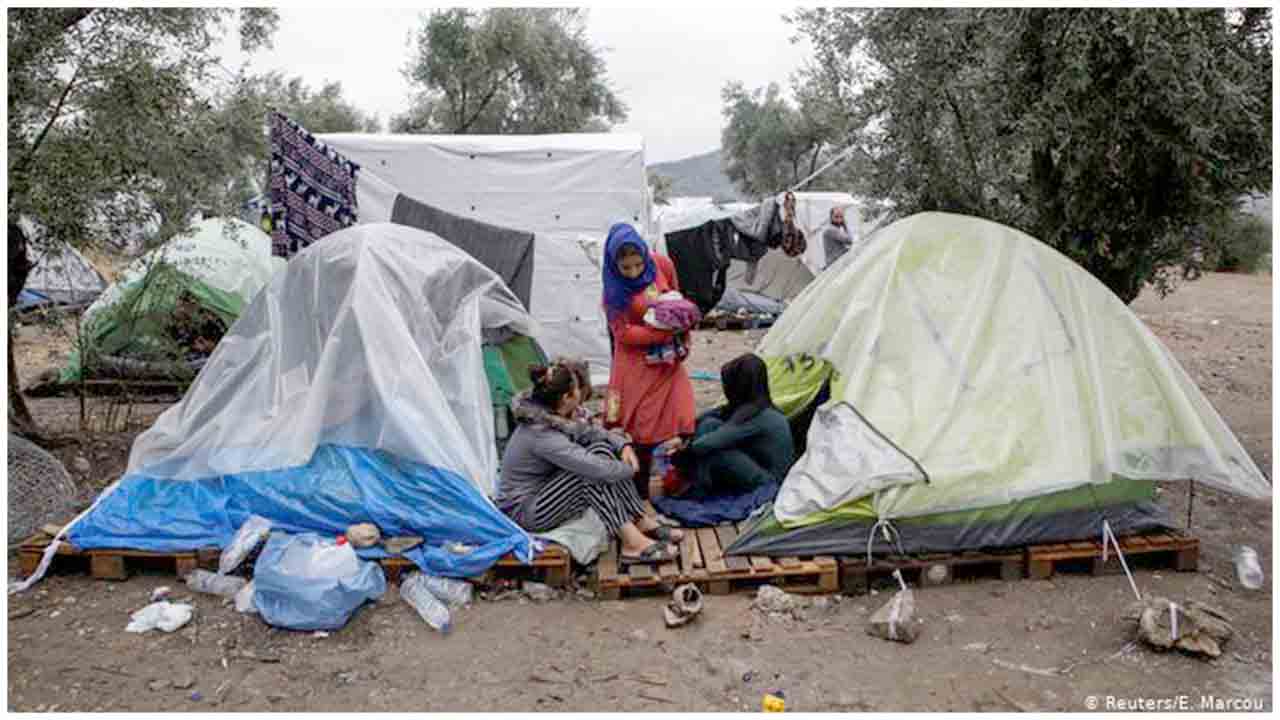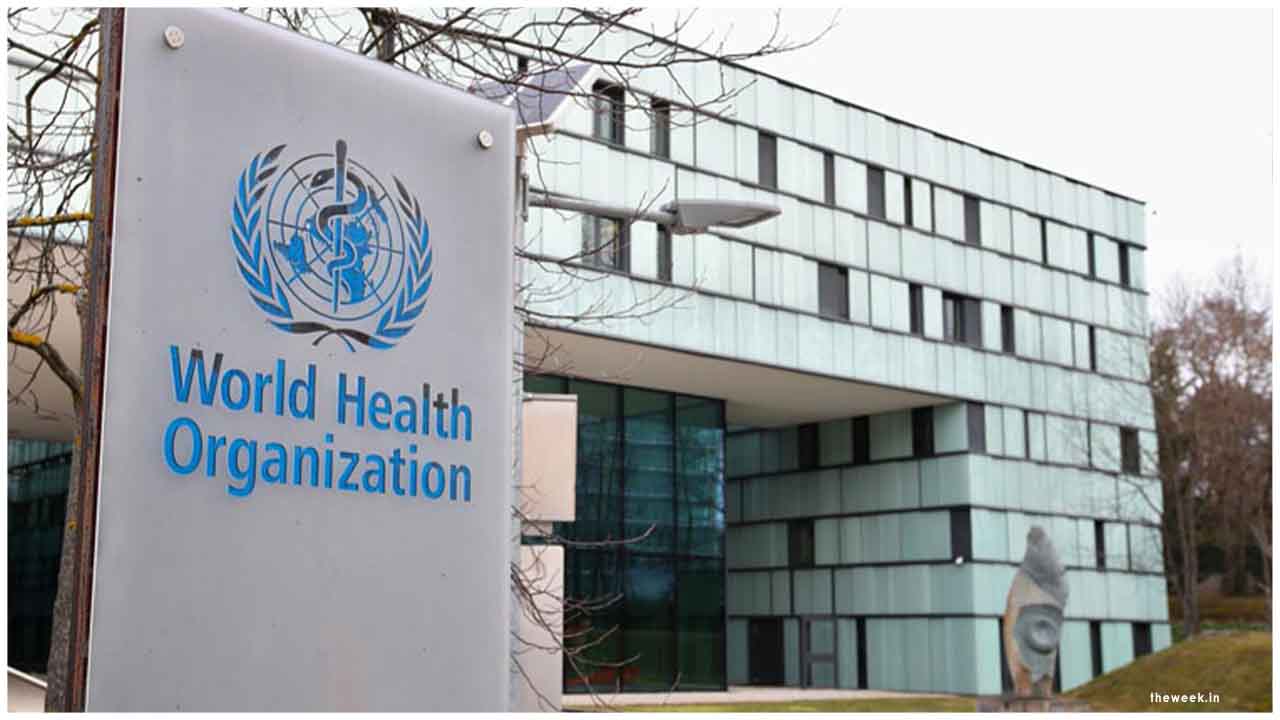Inferable from the coronavirus emergency, numerous nations over the world are under lockdown. Another examination has uncovered that a careful way to deal with facilitating lockdown limitations that lessens the danger of later lockdowns might be better for the worldwide flexibly chain over the long haul.
The examination drove by analysts at the UCL and Tsinghua University was distributed in the diary Nature Human Behavior.
This is the main companion looked into the study to exhaustively survey potential worldwide flexibly chain impacts of COVID-19 lockdowns, displaying the effect of lockdowns on 140 nations, including nations not legitimately influenced by COVID-19.
The examination found that stricter lockdowns forced before -, for example, the two-month lockdown forced in China - are monetarily desirable over increasingly moderate lockdowns forced for four or a half years, as the span of lockdown matters more to economies than their seriousness.
This is on the grounds that organizations can retain the stun of a concise lockdown better by depending on saves and in light of the fact that shorter lockdowns cause less disturbance to territorial and worldwide gracefully chains.
Specialists additionally found that nations not straightforwardly influenced by Covid-19 may in any case experience enormous misfortunes of over 20% of their GDP because of fall in purchaser requests and bottlenecks in gracefully chains.
Especially in danger are open or profoundly particular economies, for example, Caribbean nations that depend on the travel industry and Central Asian nations, for example, Kazakhstan that depends on vitality trades. Likewise helpless are globalized enterprises that depend on hard to-supplant providers, for example, vehicle fabricating, where creation is evaluated to fall by up to half.
Lead creator Professor Dabo Guan (UCL Bartlett School of Construction and Project Management and Tsinghua University) stated: "Our examination shows the gradually expanding influences brought about by lockdowns along worldwide flexibly chains, with nations not legitimately influenced by COVID-19 despite everything encountering substantial monetary misfortunes.
"While anticipating the genuine expense of lockdowns is beyond the realm of the imagination at this stage, our exploration proposes that shorter, stricter lockdowns limit the effect on flexibly chains, while steadily facilitating limitations through the span of a year may likewise be less problematic than a quick lifting of limitations followed by another lockdown," Mr. Guan included.
The analysts assessed that slowly facilitating lockdown gauges more than a year would limit flexibly bind impacts contrasted with lifting limitations all the more rapidly, more than two months, and afterward presenting the second round of lockdowns in January one year from now, which they evaluated would build the expense by 33%.
Co-creator Professor Steven Davis (University of California, Irvine) stated: "Our examination measures the worldwide monetary advantages of strong general wellbeing reactions and recommends that financial defenses to re-open organizations could reverse discharge in the event that they bring about another round of lockdowns."
Looking forward to a potential second wave, the scientists found that a severe, universally co-ordinated lockdown executed for two months would be less financially expensive than lockdowns occurring in various pieces of the world at various occasions - gambling a potential monetary misfortune to worldwide flexibly chains by half instead of 60%. This is on the grounds that the financial expense of a lockdown goes past national fringes and a shorter, one-off stun is simpler to assimilate.
Educator Mr. Guan stated: "Organizations will endure the flexible chain disappointments that lockdowns cause by depending on stores of stock or finding new providers. On the off chance that a subsequent stun hits, stores might be low and flexibly chains as of late fixed - making another break considerably more exorbitant."
In the event that repetitive worldwide lockdowns happen, New Zealand's food administration segment and Jamaica's travel industry would confront assessed profitability misfortunes of about 90%, while China's hardware business and Iran's oil industry would confront efficiency misfortunes of around 66%.
The expense to the UK economy, in the interim, would ascend from a potential gracefully chain loss of 38% (one lockdown progressively facilitated more than a year) to 57% (repetitive worldwide lockdowns occurring on various occasions in various nations).
In the United States, the expense to the money related part would almost twofold if a second worldwide lockdown happens, with potential flexible chain misfortune ascending from 33% (one lockdown bit by bit facilitated more than a year) to 57% (intermittent worldwide lockdowns occurring at various occasions in various nations).
The most significant factor influencing the worldwide monetary expense of lockdowns, the examination found, was the number of nations actualizing them, featuring the significance to the worldwide economy of one nation containing a plague.
Co-creator Professor D'Maris Coffman (UCL Bartlett School of Construction and Project Management) stated: "Similarly as people remaining at home secure others just as themselves, so nations forcing exacting lockdowns give an open decent to different nations.
"In getting ready for the following pandemic, a worldwide office, no doubt regulated by the IMF, could guarantee that the expenses of containing an episode are not borne by one nation alone. This would expel a portion of the disincentives to early activity and give colossal wellbeing and financial advantages over the long haul," Mr. Coffman included.
The paper utilized a "catastrophe impression" monetary model to measure the immediate expenses of lockdowns as far as work decrease just as the falling impacts of the loss of work on the flexible chain, reproducing how imperatives to yield influence upstream providers just as the organizations to which the merchandise are being provided. Flexible chain information was drawn from the Global Trade Analysis Project (GTAP) database, which separates the world into 141 economies, with 60 areas inside every economy.
Scientists mimicked three sorts of lockdown: exacting lockdown in which 80% of movement and work stops; a progressively moderate lockdown with a 60% decrease; a third, lighter lockdown with a 40% decrease in movement and work. The exacting, 80% decrease depends generally on China's lockdown, during which information recommends 80% of movement halted, while the 60% lockdown comprehensively mirrors the methodology taken in Europe and the United States.

 The study led by researchers at the UCL and Tsinghua University was published in the journal Nature Human Behaviour.
The study led by researchers at the UCL and Tsinghua University was published in the journal Nature Human Behaviour.












